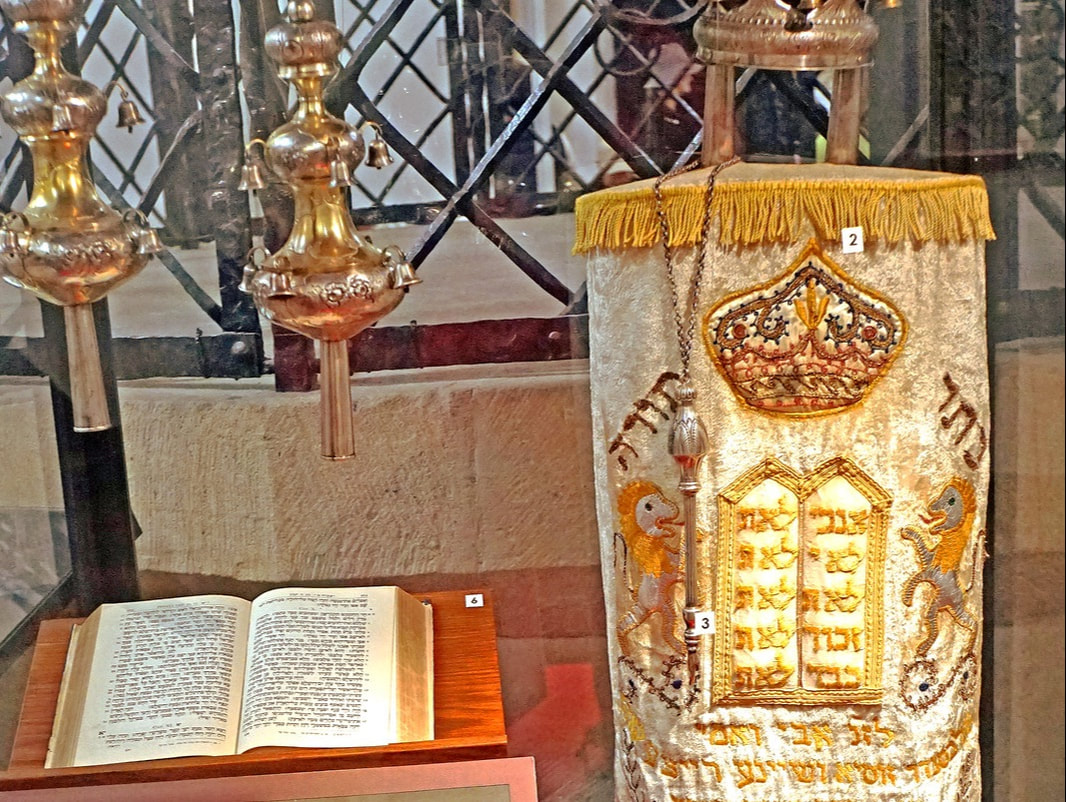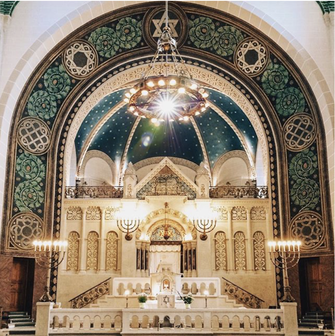BLOG, LIFESTYLE
|
About MeWelcome to "Jewishbychoice"!
I am Ilana! German, 28 years old, converted to Orthodox Judaism, currently living in Israel. Fascinated by Torah, Spirituality and Jewish values. Today I share my experiences on my blog and assist people in their conversion process. I teach weekly Judaism classes and offer professional conversion coaching. Follow Blog
|
Proudly powered by Weebly







